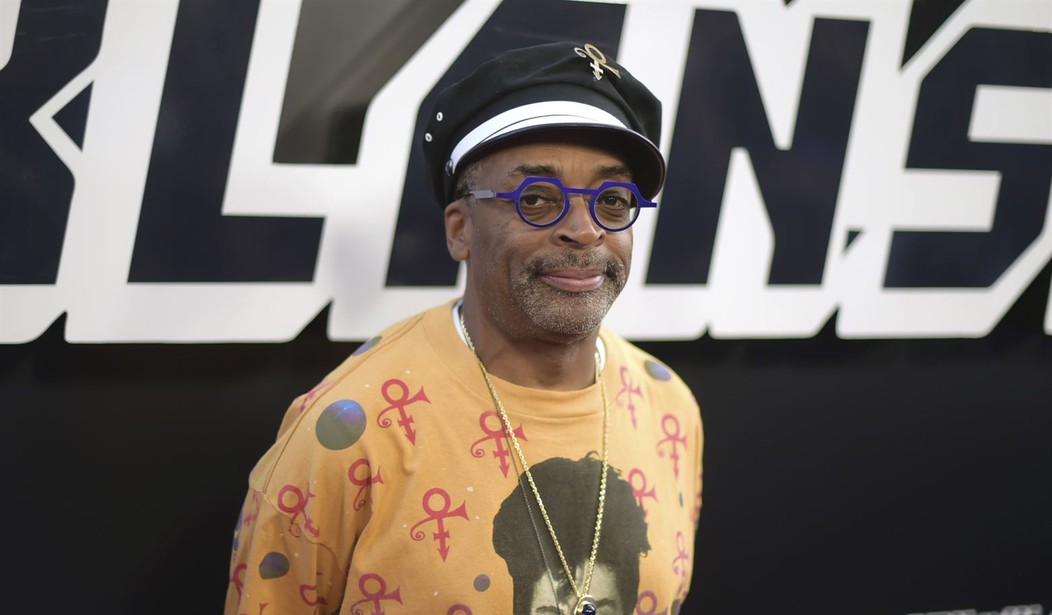Two impactful movies on race relations honored at this year’s Academy Awards conveyed very different messages about race relations in America. Their directors’ acceptance comments just reinforced those differences.
Spike Lee’s powerful BlacKkKlansman is worth seeing. It’s based on the true story of Colorado Springs police officer Ron Stallworth and his efforts to infiltrate and bring down the KKK. The film portrays the racial bigotry and atrocities of the KKK that have been a white stain on the history of American race relations, a stain that alt-right groups continue today.
BlacKkKlansman deserved consideration for Best Picture and won Spike Lee the Oscar for Best Adapted Screenplay. Unfortunately, Lee turned his acceptance speech into one of the most polarizing political comments of the evening: “Before the world tonight, I give praise to my ancestors who built our country, along with the genocide of our native people…. When we regain our humanity, it will be a powerful moment … The 2020 election is around the corner – let’s all mobilize and be on the right side of history. Make the moral choice between love versus hate.” The standing ovation by the Academy audience was equally partisan.
Spike Lee’s comments can easily be used to propagate the “America remains racist” theme. The BlacKkKlansman takes us back to the 70’s, to a world we want to leave behind. It in no way defines America today. There has been amazing progress in race relations in America in the last 50 years.
To contend that there is no racial bias is indefensible, but by implying that a vote for President Trump’s opponent in 2020 would be a “moral choice between love versus hate,” not only labels the president as a hater but also the half of American voters who would vote for him.
Recommended
In contrast, Green Book focused on black jazz pianist Don Shirley who hired a white driver and bodyguard to drive him through the deep South. It won three Oscars—Best Supporting Actor for Mahershala Ali, Best Original Screenplay, and Best Picture. When presenter Julia Roberts announced the winner as Green Book, Spike Lee stood up, waved his hands in disgust and appeared to try to leave the Dolby Theatre before returning to his seat.
Because of time constraints, Green Book Director Peter Farrelly's comments were shorter but as positive as his inspiring movie. He said, "The whole story is about love. It's about loving each other despite the differences and find out the truth about who we are. We're the same people."
Hopefully, the future of America is better defined by Green Book than BlacKkKlansman. No one wants to go back to the 70’s. Thankfully, the scope of the KKK’s reach and the numbers involved are significantly reduced since the peak years of 1924 to 1925 when membership reached as many as six million. As of 2016, the Anti-Defamation League puts total Klan membership nationwide at around 3,000. The Southern Poverty Law Center raises that estimate to 6,000. Every Christian denomination has officially denounced the KKK.
Most Americans have befriended, work with, worship with, and have come to appreciate people of different races. If the media would spend less time covering demonstrations, riots, and bigotry and more time capturing the exceptional men and women of all races who are making a difference, more would be inspired to pursue their American Dream. Yes, keep fighting racial bigotry but spend more time celebrating and learning from those of all races who have found a way to overcome it.
After the Oscars, Spike Lee said more, “I'm snake bit. Every time somebody's driving somebody, I lose.” He was referring to his upset loss in 1990, when his film Do the Right Thing was favored but lost to Driving Miss Daisy. Spike Lee should have started with what he ended with, “…but (in Green Book) they changed the seating arrangement!” That’s worth honoring and a difference worth affirming.

























Join the conversation as a VIP Member